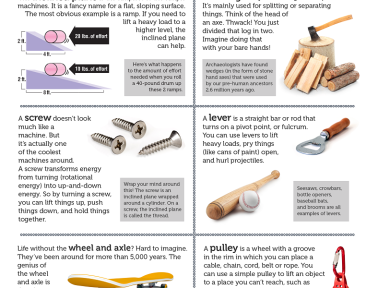I came across a quote from Aristotle recently, that sums up Chapter 2 of Mind in the Making. “It is the mark of an educated mind to entertain a thought without accepting it.”
Being able to recognize, anticipate, respect, and even entertain different perspectives is key to being successful. It’s how college students learn to meet a variety of expectations from professors. It’s how marketing and branding campaigns catch fire. And, in my opinion, a lack of such skills is how we end up with political gridlock instead of respectful discourse, individuals in the workplace who can’t quite meet expectations, and marriages and families that lack connection.
As is noted in the beginning of the chapter, perspective taking is crucial to human success. And yet, it certainly doesn’t come easily.
I loved the suggestions at the end of the chapter for increasing perspective taking skills in children (as well as in ourselves). I particularly enjoyed seeing how much this tied in to positive guidance, something I’m passionate about. I thought Ellen Galinsky did a wonderful job of making it clear that perspective taking as it applies in guidance and discipline is about accepting and validating emotions, not necessarily the behavior.
Just as some people have the misperception that positive parenting is the equivalent of passive parenting, some may be equally misguided in thinking that empathizing with a child is the equivalent of accepting their inappropriate behavior. Similar to the vignettes shared in the chapter, I’ve had experiences as well where simply verbalizing a child’s feelings, helping him to know he’s understood, goes much farther in soothing the emotions and opening the way to a teaching moment than does jumping right in with a reprimand or lecture. It goes back to the adage, “Connection before correction.”
In addition to verbalizing and validating emotions, I recognized many other tools of positive guidance in the sections on problem solving, using peer feedback in building discipline, and using conflict as a learning opportunity rather than avoiding it.
As I read about the importance of warm and trusting relationships as the “strongest foundation for learning perspective taking”, I thought about this article I recently read from PBS Inside Nova about the baby’s developing brain. In a very succinct article it outlines the some of the ways relationships can change the way the brain forms. As it concludes, we tend to create a lot of fervor around the latest brain trend – music, flashcards, etc. – but in reality, the most important factor is likely just being present, responsive, and positive. As Ms. Galinsky points out in the chapter, “Children who don’t have any adults who they feel “know” them or are “there for them” have a harder time connecting with others as adults.” That places much of the onus with us as the adults in the lives of children, to model the skill of perspective taking and to build connections that allow children to do the same.
Of course, I can’t wrap this up without mentioning how fascinating I found Ms. Galinsky’s explanation about ego-centrism. I’ve often referred to the ego-centrism of young children when discussing different behaviors or explaining different guidance tools, and often I’ve have someone disagree, stating that their child was able to understand “this” so they should also be able to understand “that”.
I was so intrigued by the research shared, showing that there are degrees of ego-centrism and, it appears, a developmental progression through the ego-centric stage. From a developmental perspective, it makes perfect sense that ego-centrism is not a stage of absolutes, where a child wakes up one day suddenly seeing and accepting a variety of perspectives, but reading about the studies showing the different areas of egocentrism and an apparent developmental progression was so intriguing!
Lastly, I have to share one of my favorite sentiments from this chapter (of which there were many!):
“While we tend to think about learning as “instruction,” Gopnick points out that children learn the most through having everyday experiences where adults talk about perspective taking” (it then continues with a wonderful quote at the bottom of page 97). (Emphasis mine.)
I love this reminder that the greatest learning takes place in authentic experiences wherein we are present with our children and engage them in meaningful conversation.
So what were your thoughts? What stood out to you? And how do you encourage perspective taking in the children you love and teach?
Join us next week for Chapter 3: Communicating.
Miss Chapter 1? Find it here!
<!–
–>










